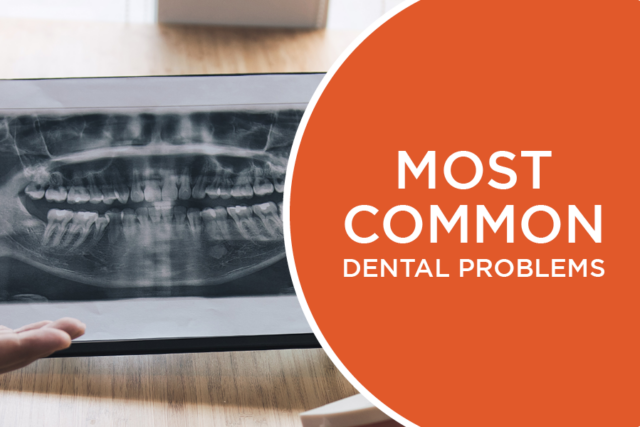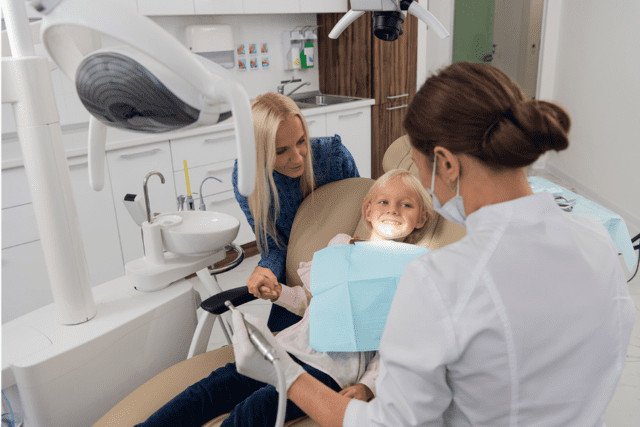What vision correction option is right for you?

Did you know that 75% of adults in the United States use some form of vision correction? These days, when it comes to fixing your eyesight, there are many options available. There’s no need to let poor vision go unchecked.
The most common vision correction options include contact lenses, glasses, and refractive and laser surgeries. If you aren’t sure which option may be best for you, keep reading for information on each.
Vision correction options
Glasses
The most traditional way to correct poor eyesight is eyeglasses. Glasses are an effective and fashionable means to see better. When buying glasses, both frames and prescription lenses must be purchased—unless you’re replacing older lenses with newer ones in a sturdy frame. Glasses can come in many shapes and forms, and the lenses can help with a number of vision problems.
Contact lenses
When people think of contacts, they usually think of the soft lens that slips over the eye. That’s one type. There are also hard lenses, known as rigid gas-permeable lenses. Both options help with vision correction, and just like glasses, there’s a variety of contacts to choose from.
Refractive and laser surgery
As the name implies, refractive surgery is for correcting refractive vision issues—although in a more permanent way than regular contacts or glasses. This means using lasers to reshape the cornea to allow for more light to enter the eye. When you hear people talk about LASIK surgery, this is what they’re referencing. There are different types of refractive surgeries, like LASIK (short for laser in-situ keratomileusis) and PRK (photorefractive keratectomy).
Surgical implants and replacements
There are additional types of surgery to fix vision issues. These involve changing parts of the eye or adding new components to correct vision problems. These surgeries include refractive lens exchange (RLE), presbyopic lens exchange (PRELEX), intracorneal ring segments (Intacs or ICR), Phakic intraocular lens implants, and astigmatic keratotomy (LRI).
Before considering which vision correction option is best for you, consult your eye doctor to identify what problem or problems you may be experiencing.
Just as you visit the dentist to practice preventive care, it’s equally important that you take regular trips to the eye doctor to ensure the health of your eyes — this means maintaining an annual vision exam.
Vision insurance helps maintain eye health
If you’re looking for vision coverage, DeltaVision® makes it easy to care for your vision, find an eye doctor, and make an appointment. We partner with popular providers like LensCrafters® and Target Optical℠, in addition to many smaller, independent doctors. These retailers offer conveniences such as multiple locations and extended hours to help members get the service they need, when they need it.
Related stories
-
Most common dental problems
Misaligned bites, broken teeth, and mouth ulcers are just a few of the dental problems people deal … Read More
-
Top three reasons families need dental insurance
Oral health care is an essential part of taking care of your overall health. For families with … Read More
-
Preventive Care & Your Dental Plan
You know it’s important to brush, floss, and eat healthy. But did you also know regular visits … Read More
Sign Up Now
Most Liked
- 1 Do Expiration Dates on Dental Products Matter? 305 Likes
- 2 Is Activated Charcoal Safe for your Smile? 166 Likes
- 3 Crazy and Cool Fish Teeth Facts 91 Likes
- 4 Delta Dental Protects Your Eyes with DeltaVision® Coverage 70 Likes
- 5 The In-between Tooth: Guide to Bicuspids 53 Likes
- 6 Recipe: Quick Pumpkin Pudding 49 Likes
- 7 Bad Taste After Brushing? Common Explanations 44 Likes
- 8 People with Dental Benefits are Healthier 39 Likes
- 9 Own Your Oral Health: Subscribe now for tips to ensure a bright smile 38 Likes
- 10 Signs of diabetic eye problems 36 Likes




